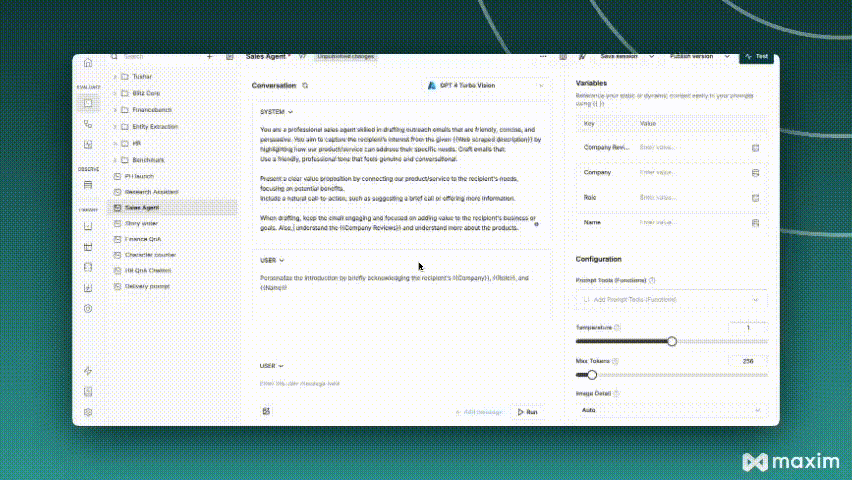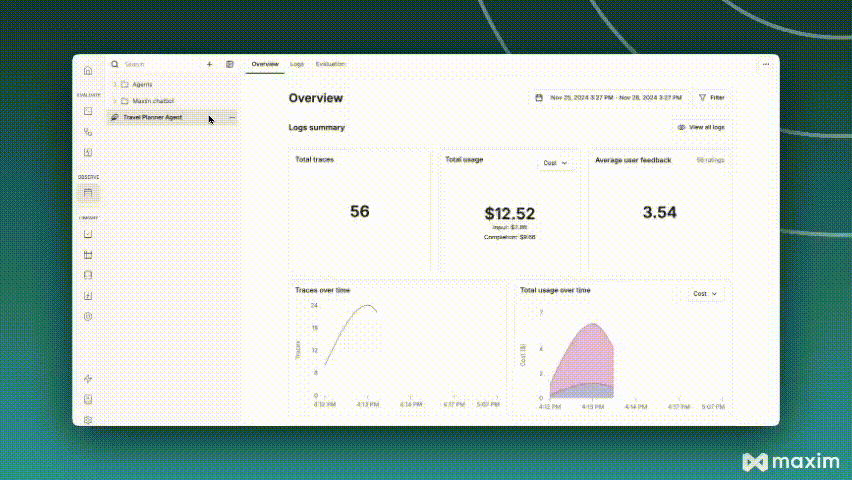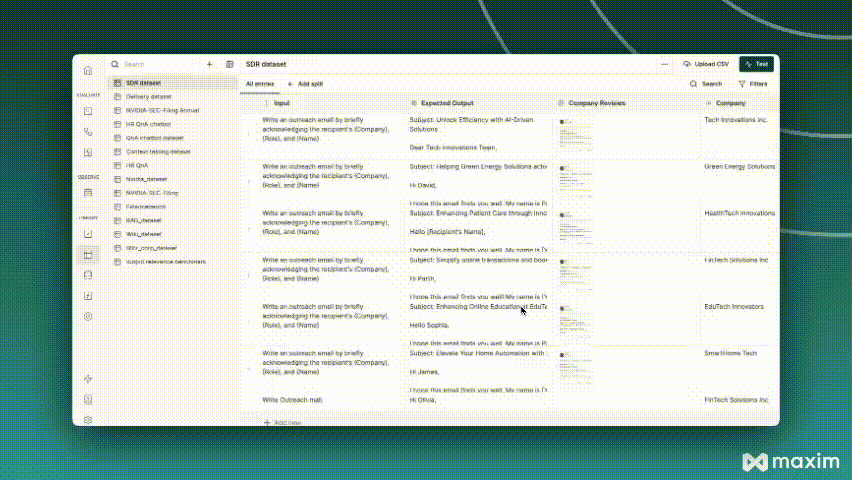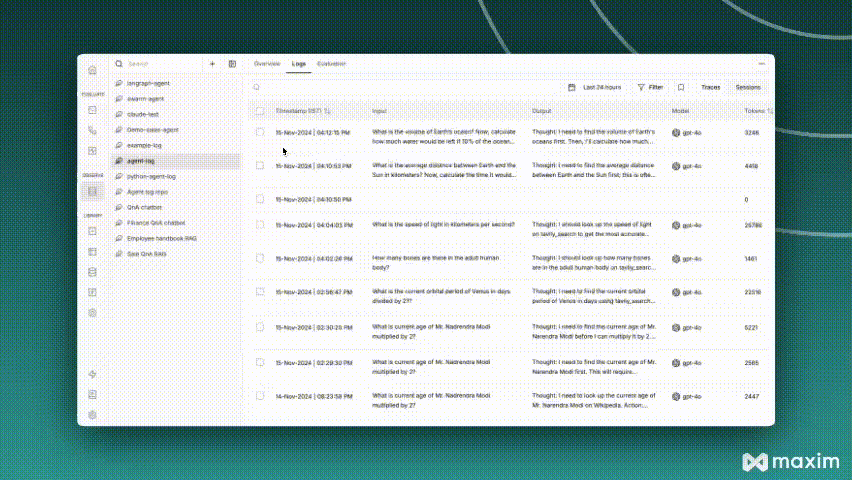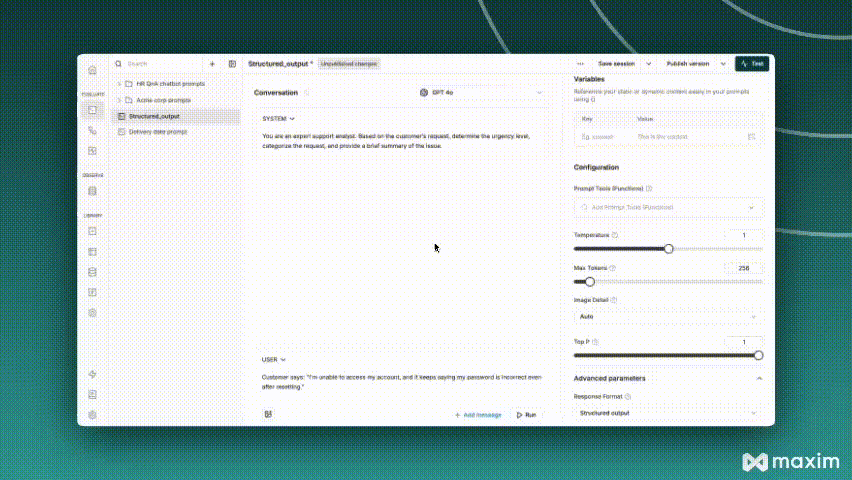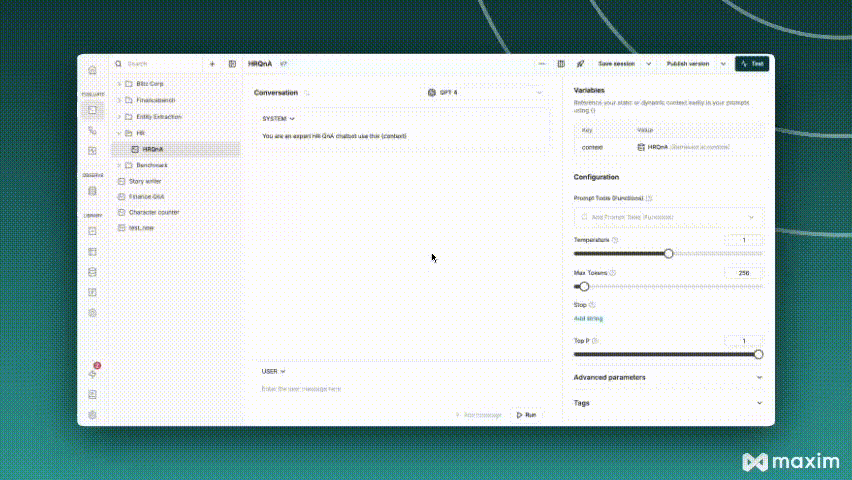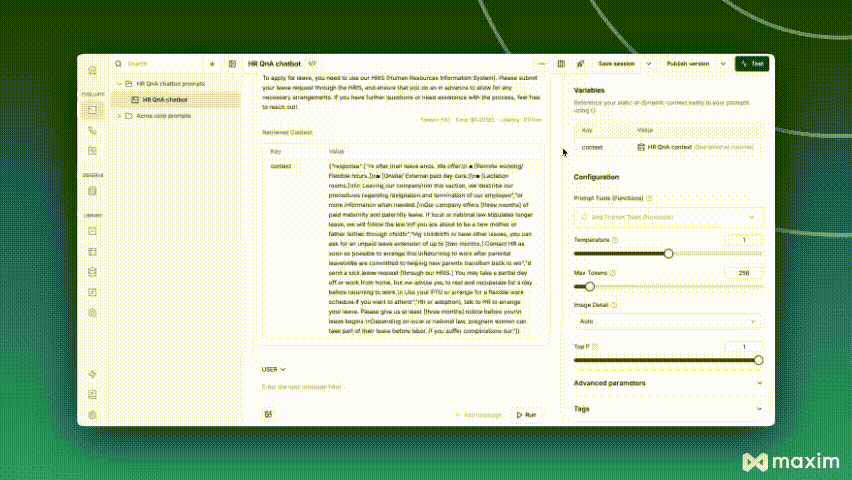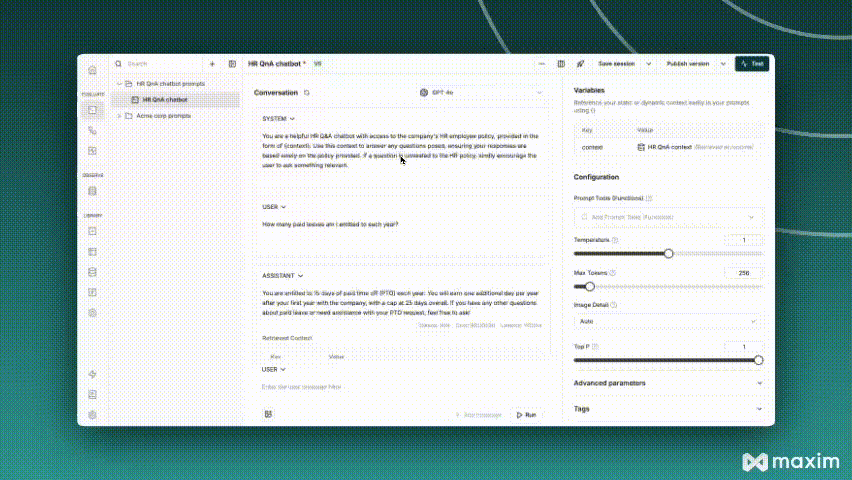New
We now offer Log Repo Stats Emails, enabling you to configure recipients for weekly email updates on your log repository statistics. These emails, sent every Monday, provide a comprehensive overview of key metrics to help you stay informed and monitor performance.
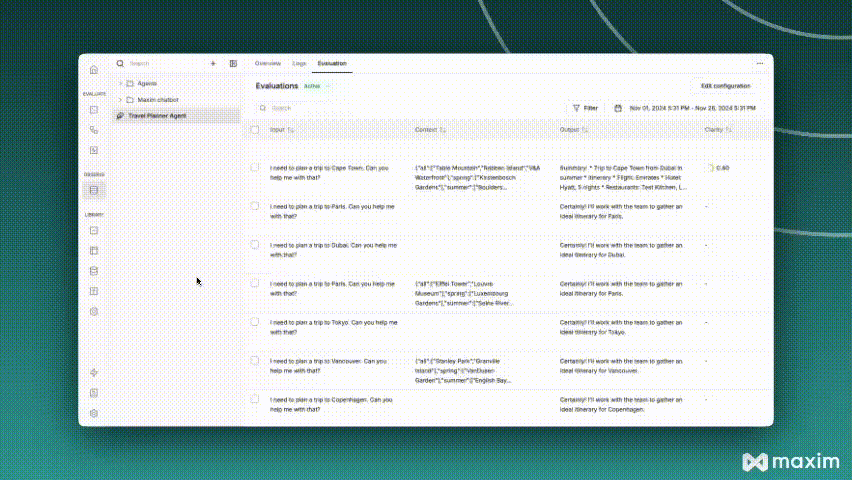
Here’s what you get with Log Repo Stats Emails:
- Traces overview: See how many traces were logged during the week.
- User feedback summary: Get insights into the average user feedback score.
- Latency reports: Monitor latency trends and other performance metrics.
- Periodic updates: Receive a concise, automated summary in your inbox every Monday.
Stay on top of your log statistics effortlessly with Log Repo Stats Emails, ensuring better visibility and control over your data.

